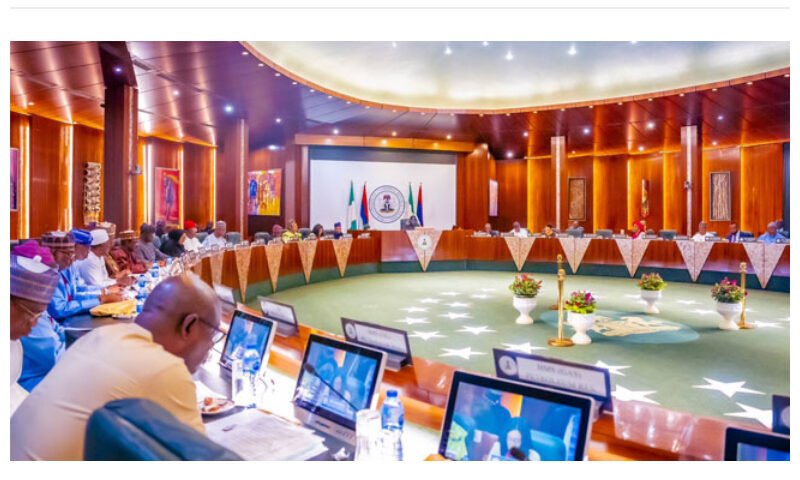Resident Doctors Commence Indefinite Strike, Prompting Urgent Intervention
In a critical turn of events, resident doctors across the nation have embarked on an indefinite strike, leaving the healthcare system in a state of disarray. The Speaker of the House of Representatives, Tajudeen Abbas, made a last-ditch effort to prevent the strike by engaging in closed-door discussions with the leadership of the National Association of Resident Doctors (NARD) on Monday.
The strike action comes as a result of long-standing grievances and unmet demands of resident doctors who are an essential part of the healthcare workforce. These doctors, who work tirelessly to provide medical care to patients, have reached a breaking point due to issues such as poor working conditions, inadequate remuneration, and a lack of adequate medical facilities and equipment.
The decision to go on strike was not taken lightly by the resident doctors.
It reflects their deep concern for the state of the healthcare system and their unwavering commitment to improving it. By withdrawing their services, they aim to draw attention to the urgent need for reforms and improvements that will benefit both medical professionals and patients.
The impact of this strike is far-reaching.
Hospitals and medical centers across the country are grappling with reduced staff, leading to longer waiting times, delayed surgeries, and compromised patient care. The situation is particularly dire given the ongoing COVID-19 pandemic, which has already placed immense strain on the healthcare system. The absence of resident doctors further exacerbates the challenges faced by frontline healthcare workers.
The Speaker of the House of Representatives recognizes the gravity of the situation and the importance of finding a resolution.
However, resolving the strike requires a comprehensive approach that addresses the underlying issues faced by resident doctors. It is crucial for stakeholders, including the government, healthcare institutions, and medical professionals, to come together and engage in meaningful dialogue to find a sustainable solution.
In times like these, it is evident that investing in healthcare is not just an option but a necessity. Adequate funding, improved working conditions, and enhanced healthcare infrastructure are essential for the well-being of both medical professionals and the general population. The current strike serves as a wake-up call for all stakeholders to prioritize healthcare and work towards building a robust and resilient system.
As the strike continues, it is imperative for the public to support resident doctors in their fight for a better healthcare system. By advocating for their cause and putting pressure on relevant authorities, we can contribute to creating a healthcare system that is efficient, equitable, and capable of providing high-quality care to all citizens.
In conclusion, the commencement of an indefinite strike by resident doctors highlights the urgent need for reform in the healthcare sector. It is a call to action for all stakeholders to address the concerns of medical professionals and work towards building a healthcare system that meets the needs of both patients and healthcare workers. The time for change is now, and collective efforts are required to bring about lasting improvements in the healthcare landscape.







